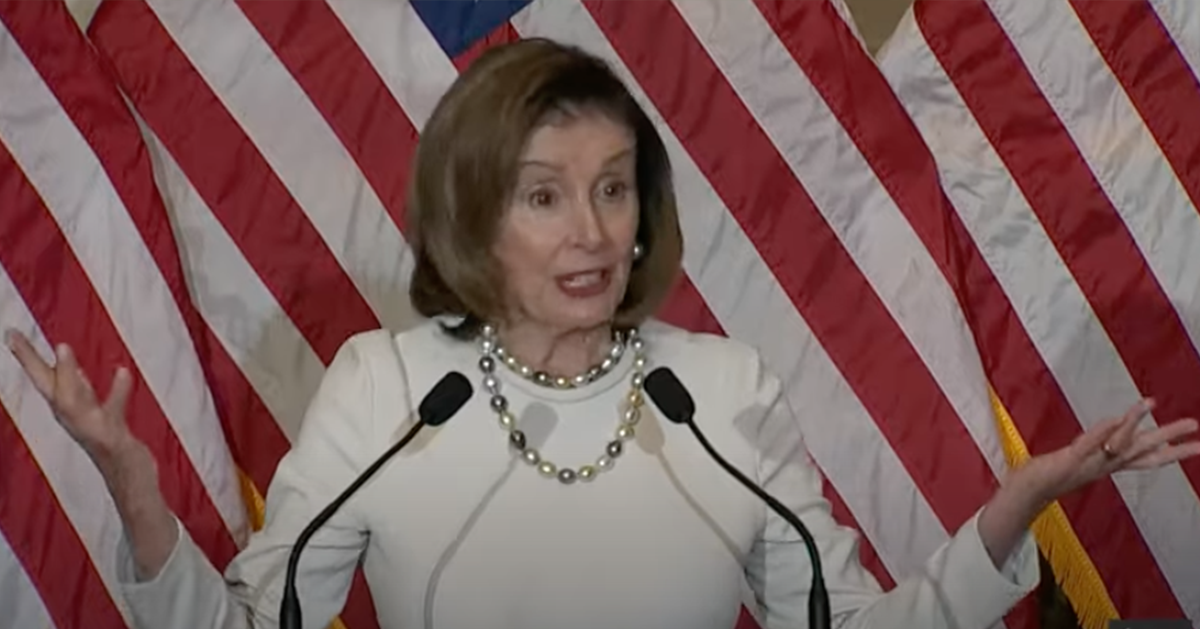RFK Jr. Blocked From New York Ballot Over Residency Issues, Judge Rules
Independent presidential hopeful Robert F. Kennedy Jr. has encountered a significant obstacle in his campaign, as a New York judge recent ruled against his placement on the state's ballot.
Justice Christina L. Ryba has determined that Kennedy, an independent candidate for president against Kamala Harris and Donald Trump, falsely claimed residency in New York, although he primarily resides in California, as Fox News reports.
This decision jeopardizes his campaign's viability in New York and potentially other states.
Kennedy claimed a rented bedroom at 84 Croton Lake Road, Westchester County, as his domicile for the purposes of voter registration and political candidacy. However, Justice Ryba labeled this address a "sham," used solely for political gain rather than a genuine residence.
Judicial Findings Reveal Deeper Issues
The case, brought forward by Clear Choice Action, a Democrat-aligned Political Action Committee (PAC), centers on the legitimacy of Kennedy's claimed residence. Barbara Moss, the homeowner renting the room to Kennedy, testified about the rental arrangement, shedding light on the less-than-permanent nature of his stay.
Ryba criticized Kennedy's practice of using borrowed addresses to meet residency requirements while actually residing in California. This revelation adds another layer of complexity to Kennedy's already controversial campaign trail.
Following the ruling, Kennedy promptly announced his intention to appeal, condemning the decision as a politically motivated attack aimed at undermining his presidential bid. He argued that the lawsuit and subsequent ruling were efforts by the Democrats to manipulate the electoral process through legal means rather than traditional democratic competition.
Kennedy Vows to Fight the Ruling
"Using a friend’s address for political and voting purposes, while barely stepping foot on the premises, does not equate to residency under the Election Law," stated Justice Ryba in her ruling. This statement encapsulates the legal basis for her decision to exclude Kennedy from the ballot.
In response, Kennedy vehemently refuted the accusations, framing the legal challenge as an assault on the democratic rights of New Yorkers. "The Democrats are showing contempt for democracy. They aren’t confident they can win at the ballot box, so they are trying to stop voters from having a choice. We will appeal and we will win," he declared.
His strong response continued, "This case is an assault on New York voters who signed in record numbers to place me on their ballot. The DNC has become a party that uses lawfare in place of the democratic election process," Kennedy added, signaling a protracted legal battle ahead.
Political Implications of the Ruling
Clear Choice Action was quick to dismiss Kennedy's allegations of political interference, asserting the straightforward nature of the case. "The Kennedy team will undoubtedly file desperate lawsuit after desperate lawsuit in the coming days and weeks; they will fail, and it will not change the simple truth: he lied, and he’s being held accountable," a representative of the PAC stated.
As Kennedy prepares to contest the ruling, the political implications are significant. Currently polling at about 5% in seven swing states, according to an Ipsos survey, his candidacy, if allowed to proceed, could influence the broader electoral dynamics, particularly affecting the independent and undecided voter segments.
The ongoing controversy is likely to spark further legal and political disputes as Kennedy's campaign attempts to navigate through the complexities of state ballot laws across the country.
Future Legal Battles Anticipated
With the appeal process looming, both sides are bracing for a series of contentious legal skirmishes that could extend beyond New York. The outcome of this appeal will not only affect Kennedy's electoral prospects but also set a precedent for how residency requirements are enforced in election law.
This case highlights the intricate balance between legal standards and political strategies in U.S. elections, underscoring the increasing role of legal proceedings in defining electoral boundaries and candidate eligibility.
The ruling, while currently localized to New York, has the potential to resonate through other states where residency requirements might come under similar scrutiny, especially for candidates with complex living arrangements.
Conclusion
Justice Ryba's decision to disqualify Robert F. Kennedy Jr. from the New York ballot underscores a critical moment in election law enforcement, emphasizing the necessity of genuine residency for electoral candidacy.
As Kennedy challenges this ruling, the legal and political realms are set to collide, potentially reshaping the landscape of election law and candidate qualification standards nationwide.




